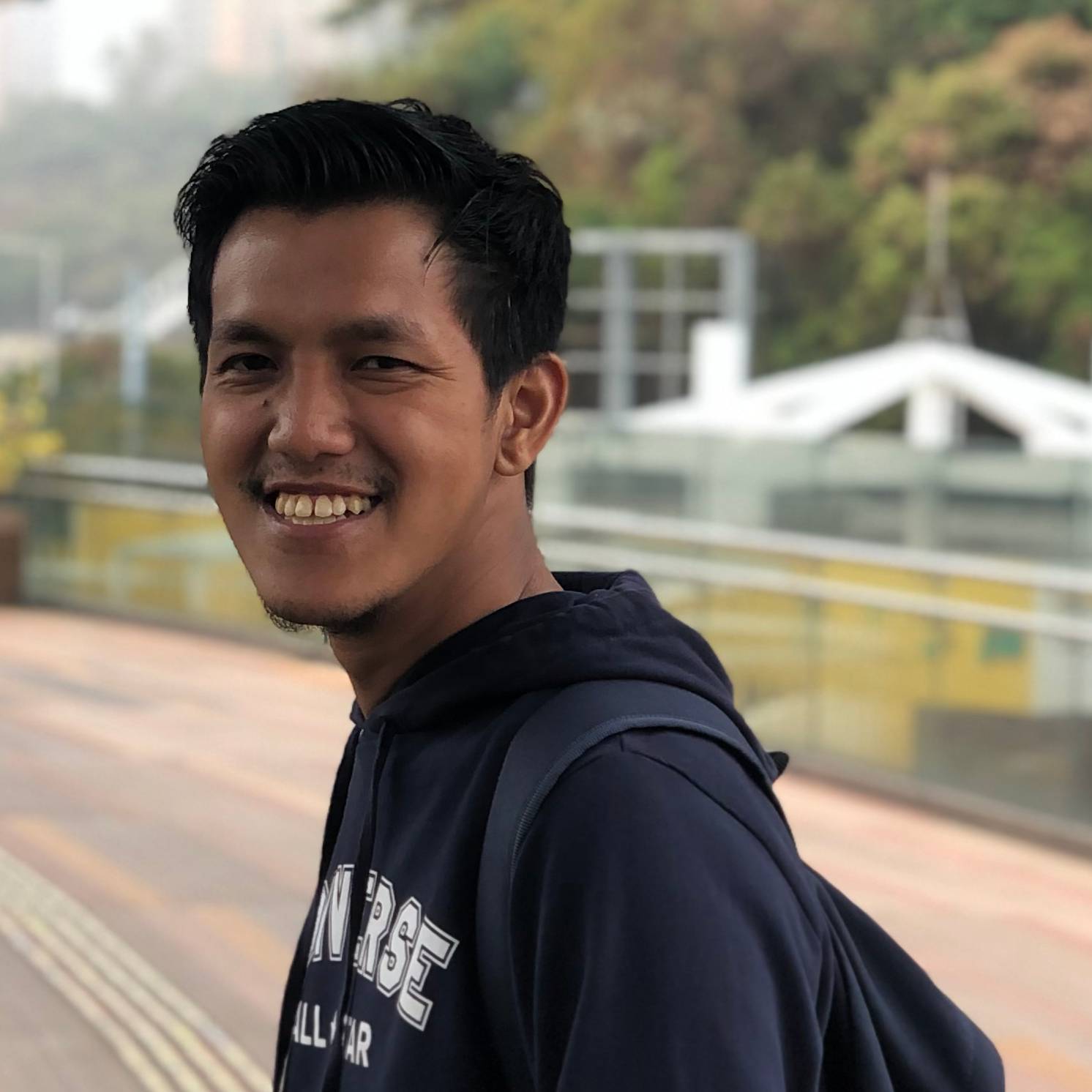This month in Jakarta, as Israeli bombs continued to devastate Gaza, more than 400 lawmakers from across the Muslim world gathered for the 19th Conference of the Parliamentary Union of the OIC Member States (PUIC). The timing could not have been more urgent. For Palestinians, it was another chapter in a long and brutal history of siege and occupation. For the PUIC, it was another opportunity—perhaps the last for a while—to prove that Muslim solidarity can translate into meaningful action.
Indonesia, the world’s largest Muslim-majority democracy and the summit’s host, assumed the PUIC presidency with moral clarity and diplomatic ambition. Mardani Ali Sera, chair of Indonesia’s Inter-Parliamentary Cooperation Agency, proposed a boycott of companies complicit in Israel’s military operations. He called for the creation of a Permanent Caucus for Palestine to coordinate aid and maintain pressure on the global stage. These were not vague declarations. They were concrete ideas aimed at shifting the needle from symbolic outrage to real consequences.
But we’ve been here before. Rhetoric is plentiful; results are rare. The Palestinian struggle has long united Muslim countries in principle, while dividing them in practice. Internal rivalries, competing national interests, and dependence on Western alliances have often turned collective declarations into little more than diplomatic theater. Can this moment in Jakarta be different?
The stakes have never been higher. Israel’s assault on Gaza has escalated to unprecedented levels, with entire neighbourhoods flattened and tens of thousands killed or displaced. At a time when much of the international community, particularly in the West, continues to enable or ignore the violence, the Muslim world has both a moral obligation and a strategic opportunity to lead.
OPINION: Indonesia cannot claim solidarity with Palestine while partnering with BlackRock
Indonesia has positioned itself as a potential catalyst for this shift. House Speaker Puan Maharani—the first woman to lead both the Indonesian Parliament and the PUIC—emphasized in her remarks that rebuilding Gaza must extend beyond infrastructure. “It must also be rebuilt with dignity, justice, and hope,” she said. Her leadership, both symbolic and substantive, reflects a broader push for inclusive and effective diplomacy from the Global South. But speeches alone cannot shelter Palestinians from bombs or restore their stolen rights.
To matter, this summit must generate momentum that outlasts the closing ceremony. It must set into motion mechanisms that can operate independently of political cycles and individual leaders. A permanent Palestinian caucus, for example, should be established immediately and equipped to track human rights violations, coordinate aid, and build international alliances. PUIC member states must adopt synchronized foreign policy measures, including sanctions and boycotts, and stop waiting for Western capitals to give them permission to act.
This also means moving beyond traditional diplomatic channels, which have repeatedly failed Palestine. Recognizing Palestinian statehood en masse would not be merely symbolic—it would be an assertion of political will and a strategic act of defiance against international double standards. Coordinated recognition would increase pressure on global institutions to treat Palestine not as a humanitarian cause but as a sovereign political entity.
READ: Indonesia hails China for ‘consistent’ support of Palestinians
The summit’s broader theme—“Good Governance and Strong Institutions as Pillars of Resilience”—wasn’t just a nod to domestic reform. It was a recognition that political legitimacy at home enables moral leadership abroad. Indonesia, through its democratic evolution, is well-positioned to model this approach. But governance is not enough. What the Palestinian people need most right now is protection, political justice, and the end of an occupation that has robbed them of their future.
The OIC’s history of missed opportunities looms large. Time and again, it has condemned Israeli aggression only to retreat into silence or division. Jakarta must not join that list of forgotten summits. The PUIC has a chance to reframe the conversation—away from the language of victimhood and toward the language of rights, accountability, and agency. For that to happen, its member states must embrace risk. Economic ties may suffer. Diplomatic backlash is inevitable. But without these sacrifices, Palestine remains nothing more than a rallying cry.
Jakarta showed us what moral leadership could look like. It gathered Muslim voices not just in mourning, but in determination. The next step is action—bold, coordinated, and sustained. Because every delay emboldens the occupation, and every silence is complicity.
The world is watching. More importantly, Palestinians are waiting. This time, let’s not fail them.
OPINION: I was interrogated in Singapore twice for writing about Palestine
The views expressed in this article belong to the author and do not necessarily reflect the editorial policy of Middle East Monitor.

![Indonesian Muslim activists hold banners during a demonstration against the Israeli-Palestinian conflict, in front of the Horse Statue in Jakarta, Indonesia on October 13, 2023. [Photo by Eko Siswono Toyudho/Anadolu via Getty Images]](https://i0.wp.com/www.middleeastmonitor.com/wp-content/uploads/2025/05/GettyImages-1722465066-2-1.jpg?fit=920%2C613&ssl=1)







